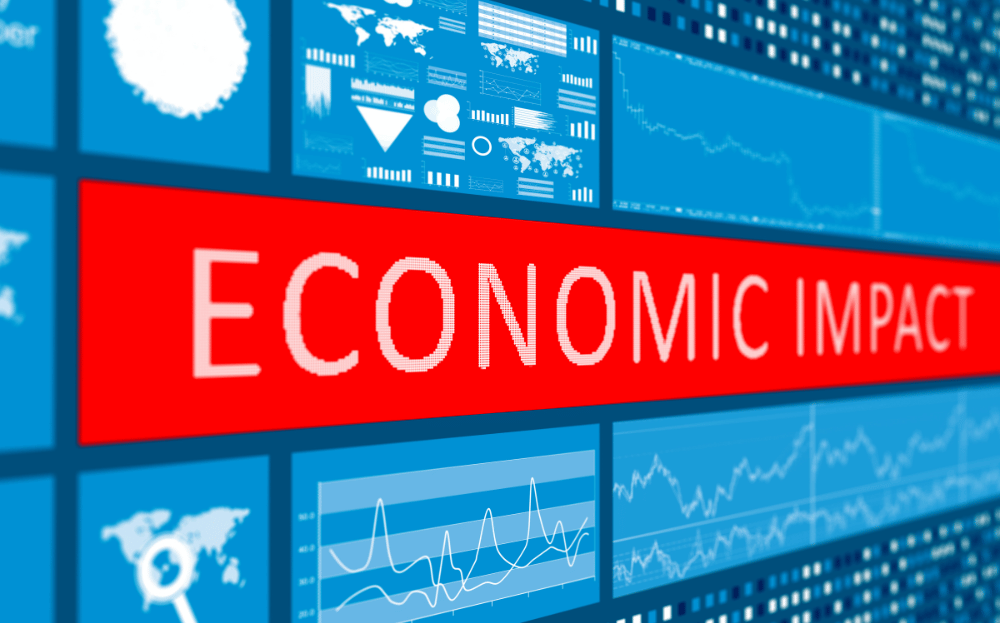On August 1, US President Donald Trump will begin imposing new trade tariffs on a number of countries, including Indonesia. Although the 19% tariff on Indonesian products is lower than that imposed on other ASEAN countries, there are several trade agreements that underlie it.
As part of the bilateral trade agreement, the 19% tariff reduction granted by Trump is accompanied by Indonesia’s significant commitment to purchase strategic commodities from the United States, such as energy worth USD15 billion, agricultural products worth USD4.5 billion, and 50 Boeing aircraft.
Additionally, the United States is seeking greater access to the Indonesian market with a 0% tariff. While this may seem advantageous, some analysts warn that this policy carries potential medium- to long-term risks that should not be overlooked.
What are the implications for Indonesia’s economy? Read the full explanation below.
1. Potential Economic Dependence and Diplomatic Pressure
This policy opens up the possibility of risky economic dependence. Indonesia’s commitment to purchase large quantities of energy, agricultural products, and aircraft from the US weakens its bargaining position in bilateral relations. At the same time, Indonesian products face high tariffs that hinder their competitiveness in the US market.
In the long term, dependence on American products could lead to further diplomatic pressure. For example, if there are policy changes in the United States or geopolitical tensions, Indonesia will be more easily affected because it has become highly dependent on the American supply chain.
The 19% tariff also reflects an imbalance in trade diplomacy. The US benefits greatly from unrestricted market access to Indonesia, while Indonesia faces significant challenges in penetrating the US market. This policy could be seen as a form of unhealthy economic dominance.
Read also: Gold Prices Rise as US-China Trade War Heats Up, How Come? – Treasury
2. Challenges for Domestic Industry
Another impact of the US imposing a 19% tariff is pressure on Indonesia’s trade balance. If exports to the US slow down due to the 19% tariff, while imports from the US increase due to the 0% tariff, then the trade deficit with the US is very likely to grow.
Cheaper imports of US products will also hit the domestic industry. Sectors such as technology, automotive, and agriculture may experience pressure due to losing competitiveness. This will have an impact on production capacity, employment, and state revenue from the manufacturing sector.
3. Market Access Inequality
One of the most obvious impacts of the US 19% tariff policy is market access inequality. Indonesian products may face barriers to entering the US market due to the 19% tariff, while US products can flow freely into Indonesia without tariffs.
This imbalance creates unfair competition and could weaken the position of national businesses in the export market. Meanwhile, U.S. goods enter the Indonesian market at lower prices because they are not subject to tariffs at all.
This risks flooding the domestic market with imported products that could threaten local industries. The small and medium-sized enterprise (SME) sector is the most vulnerable to this impact. Developing SMEs will struggle to compete with U.S. products that arrive at lower prices and higher quality.
4. Impact of 19% Tariffs on Gold Prices
One sector that has been indirectly affected by the 19% tariff policy is the commodities market, particularly gold. When the United States tightened its trade policy, including by imposing 19% tariffs, global uncertainty arose, prompting investors to seek safe haven assets.
Geopolitical conditions and trade policies such as the 19% tariff often put pressure on stock markets and currencies. When this happens, demand for gold tends to increase, including in Indonesia. Global gold prices could rise due to this surge in demand.
Although some of the above impacts of the 19% tariff may be detrimental to Indonesia, if accompanied by a balancing strategy, this policy could have a positive impact. The lowest tariff among ASEAN countries granted to Indonesia is an advantage in itself.
Access to products and technology from the United States can drive the modernization of domestic industries. The government should encourage industrial cooperation, technology transfer, and business partnerships between local companies and U.S. partners. You can also see opportunities from the perspective of human resource development.
The 19% tariff policy imposed by the United States on Indonesian products marks a new chapter in bilateral trade dynamics. You must remain prepared for various changes that may occur. Amid the uncertainty caused by the 19% tariff policy, securing assets through value-protecting instruments like gold is a wise move.
Let’s start incorporating gold into your asset protection and growth strategy with Treasury!











